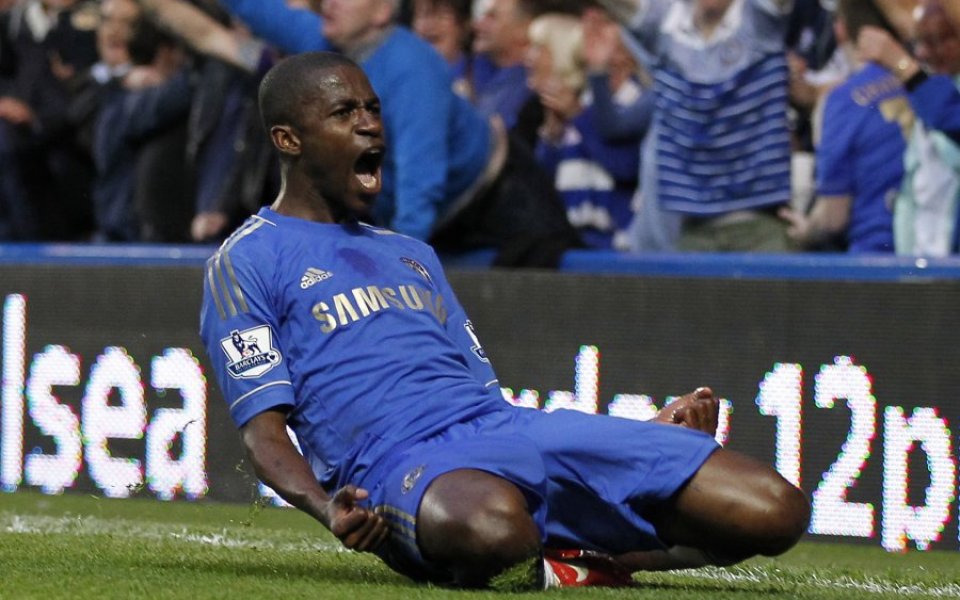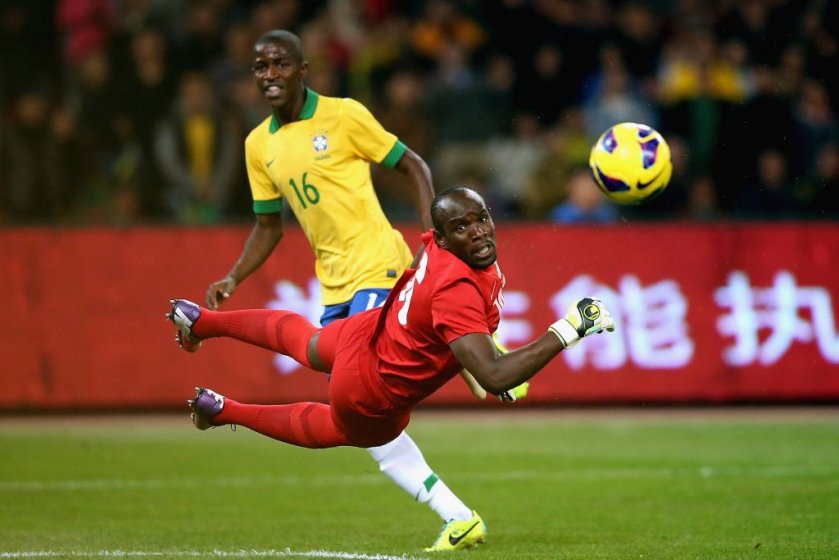Chinese Super League spending: Wayne Rooney could follow Ramires with Premier League stars targeted by football’s future superpower

Jiangsu who? Following Chelsea’s Ramires £21m move to the Chinese city of Nanjing to play for the Super League club Jiangsu Suning, many football fans have been left to ask who and why? The Nanjing club is hardly the best known, nor the most successful, in China.
Last season they could only finish ninth in a league that is not renowned for the quality of its football. However, Jiangsu Sunning is managed by former Chelsea player Dan Petrescu, plays in a 61,000 capacity stadium and routinely turn-out in front of crowds totalling 27,000 or more.
Their ability to attract a player from the Premier League champions represents something bigger happening in Chinese football.
Investors from China recently bought a 13% stake in Manchester City owners City Football Group, and the likes of Malaga in Spain, Den Haag in Holland and Sochaux in France are all now owned by the Chinese. At the same time, former Premier League players such as Robinho and Paulinho ply their trade in China, while renowned managers like Luis Felipe Scolari and Sven Goran Eriksson coach there.
Read more: Man City and China can help each other conquer the world
Football’s recent bamboo revolution has its origins back in 2002, when China qualified for the World Cup. Their tournament ended in abject failure, clearly demonstrating that the People’s Republic couldn’t yet play the people’s game.
In November 2014, China’s President Xi set about putting this right, announcing a plan to create a Chinese sports economy worth $850bn (£596m) by 2025. The scale of such ambition is epic, especially when one considers that the global sports economy may currently be worth less than $400bn.
At the heart of football fan Xi’s plan is a goal to bid for and win the right to host the World Cup. But he not only wants China to stage the tournament he wants his country’s team to win it. As a result, the last fifteen months have seen the development of football in China being fast-tracked at a breath-taking speed.

Ramires stars in a Brazil exhibition match held in China (Source: Getty)
Ramires is set to become part of the revolution as overseas talent is bought in to promote the development of elite-level professional football. Such signings are already yielding results. Despite a Chinese club never having won the Asian Champions League before 2013, Scolari’s Guangzhou Evergrande has now won it twice in three years aided by Brazilian internationals Ricardo Goulart and Paulinho as well as Italian international Alessandro Diamanti.
Some people have even begun to label Guangzhou as Asia’s first ever football mega-club.
Yet such is China’s desire to be accepted at football’s top-table that vast sums of money are being spent on grassroots football and on the development of domestic talent as well as high-profile Brazilian imports. If China is going to win the World Cup then it wants to do so using domestic players rather than naturalised players from countries such as Brazil. This is important too as the country seeks to build its own heroes and icons, with whom domestic fans can identify.
Don’t expect Ramires to be the last player heading out to China, there will be more – Wayne Rooney’s name is often mentioned as China’s next target. Nor should you dismiss Chinese teams as the also-rans of world football.
Indeed, if the growth of China’s influence in other industries is anything to go by, then the success of football’s bamboo revolution appears almost inevitable.